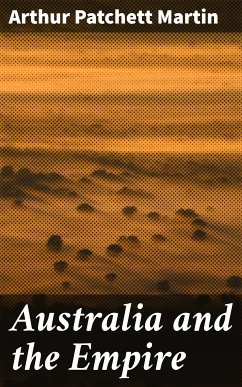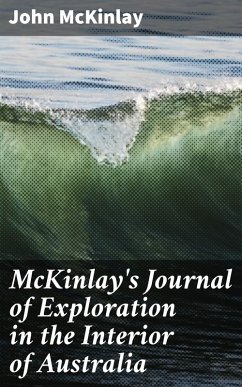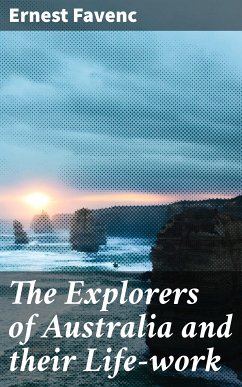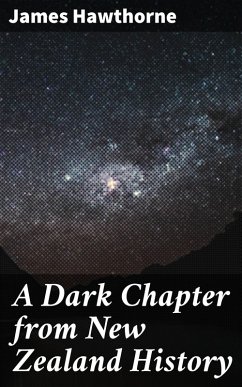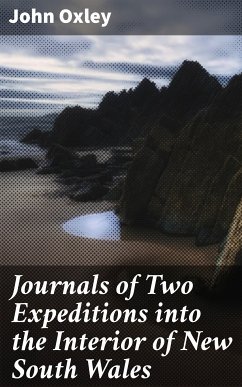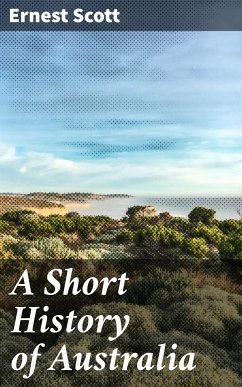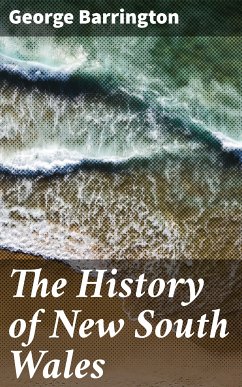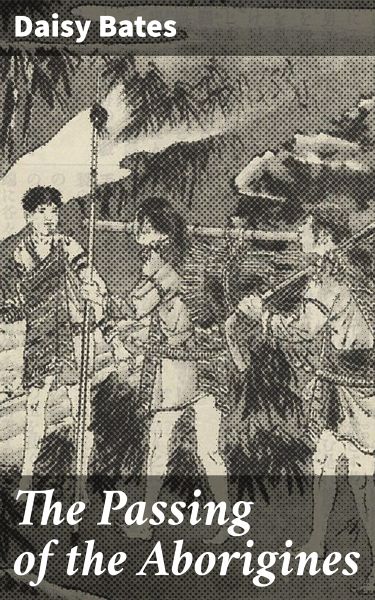
The Passing of the Aborigines (eBook, ePUB)
Enriched edition. Unveiling the Cultural Tapestry of Indigenous Australia
Kommentar: Ewing, Garrett / Redaktion: Good Press

PAYBACK Punkte
0 °P sammeln!
In "The Passing of the Aborigines," Daisy Bates presents a poignant and often painful chronicle of Indigenous Australian life in the early 20th century. Blending autobiographical elements with ethnographic observations, Bates captures the complexities of Aboriginal culture, spirituality, and the drastic changes imposed by colonial encroachment. Her prose is both lyrical and incisive, marked by a deep empathy for her subjects, while also reflecting the conflicts of her time, illustrating the tension between admiration for Aboriginal traditions and the perceived inevitability of their decline. T...
In "The Passing of the Aborigines," Daisy Bates presents a poignant and often painful chronicle of Indigenous Australian life in the early 20th century. Blending autobiographical elements with ethnographic observations, Bates captures the complexities of Aboriginal culture, spirituality, and the drastic changes imposed by colonial encroachment. Her prose is both lyrical and incisive, marked by a deep empathy for her subjects, while also reflecting the conflicts of her time, illustrating the tension between admiration for Aboriginal traditions and the perceived inevitability of their decline. This work stands out in the literary context of Australian history as an urgent call for recognition of Indigenous rights amid a period overshadowed by assimilation policies and cultural loss. Daisy Bates, a British-born anthropologist and social activist, dedicated her life to the study and advocacy of the Australian Aboriginal people. Living among various tribes, she developed a unique perspective, combining firsthand experience with a passionate commitment to preserving Indigenous stories. This personal immersion into Aboriginal communities shaped her understanding and narrative approach, forging a bridge between European and Indigenous worlds during a transformative era in Australian history. Readers seeking profound insights into the Aboriginal experience and the impact of colonization will find "The Passing of the Aborigines" essential. Bates' work not only serves as a historical document but also as a call to reflect on cultural preservation and justice for Indigenous peoples, making it a vital read for anyone interested in anthropology, history, or social justice. In this enriched edition, we have carefully created added value for your reading experience: - A succinct Introduction situates the work's timeless appeal and themes. - The Synopsis outlines the central plot, highlighting key developments without spoiling critical twists. - A detailed Historical Context immerses you in the era's events and influences that shaped the writing. - An Author Biography reveals milestones in the author's life, illuminating the personal insights behind the text. - A thorough Analysis dissects symbols, motifs, and character arcs to unearth underlying meanings. - Reflection questions prompt you to engage personally with the work's messages, connecting them to modern life. - Hand-picked Memorable Quotes shine a spotlight on moments of literary brilliance. - Interactive footnotes clarify unusual references, historical allusions, and archaic phrases for an effortless, more informed read.
Dieser Download kann aus rechtlichen Gründen nur mit Rechnungsadresse in A, B, BG, CY, CZ, D, DK, EW, FIN, F, GR, H, IRL, I, LT, L, LR, M, NL, PL, P, R, S, SLO, SK ausgeliefert werden.




